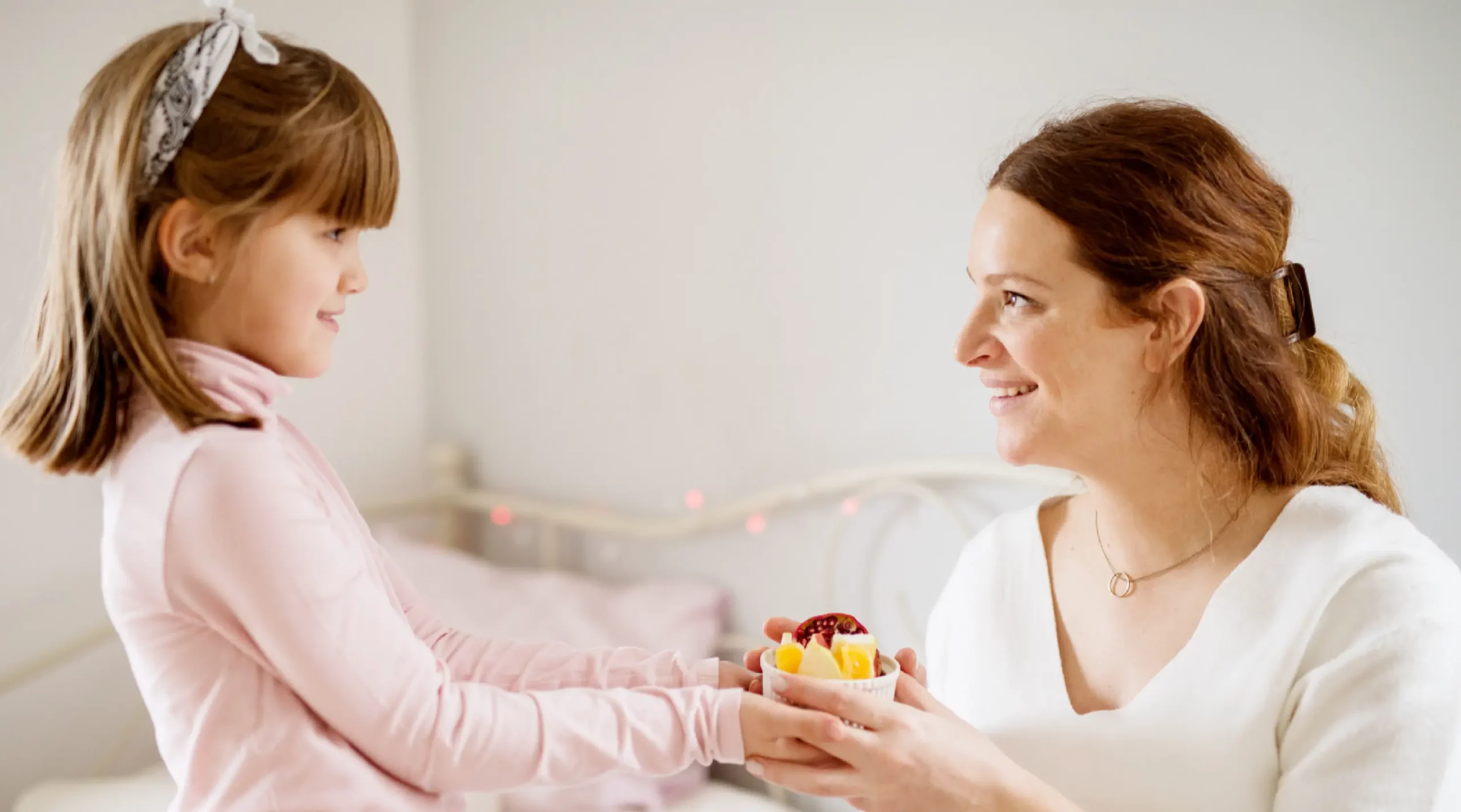Navigating the First 3 Months: Coping with Emotional Changes After Childbirth
The first three months after childbirth are a critical period for new mothers. While this phase is often filled with joy and excitement, it can also bring unexpected emotional challenges. New mothers may experience mood swings, fatigue, anxiety, or even symptoms of postpartum depression (PPD). Understanding these emotional changes and learning how to cope with them is essential for both the mother’s well-being and the healthy development of the baby.Understanding Emotional Changes in Early Postpartum
After childbirth, a woman’s body undergoes tremendous physical and hormonal adjustments. These changes can significantly influence emotional well-being. Common experiences during the first three months include:- Mood Swings: Rapid hormonal fluctuations can lead to sudden emotional highs and lows. It is common to feel happy one moment and tearful or irritable the next.
- Fatigue and Sleep Deprivation: Caring for a newborn often disrupts sleep, which can exacerbate emotional sensitivity and stress.
- Feelings of Overwhelm: The new responsibilities of feeding, diapering, and monitoring a newborn’s health can feel daunting.
- Anxiety and Worry: Many mothers worry about their baby’s safety, health, and development, sometimes to the point of excessive concern or panic.
- Identity Shifts: Becoming a mother brings a profound shift in personal identity. Balancing old roles with new responsibilities can cause confusion and emotional strain.
Differentiating Normal Adjustment from Postpartum Depression
While many emotional changes are normal, it’s essential to distinguish them from postpartum depression:| Feature | Normal Adjustment | Postpartum Depression (PPD) |
| Duration | A few days to two weeks | Several weeks to months |
| Intensity | Mild, manageable | Persistent, intense sadness or anxiety |
| Functioning | Able to perform daily tasks | Daily life significantly impacted |
| Bonding with Baby | Generally unaffected | Difficulty bonding or detachment |
| Self-care | Able to manage hygiene and meals | Neglects self-care or nutrition |
| Thoughts | Occasional worry | Frequent hopelessness or thoughts of self-harm |
Practical Strategies for Emotional Well-Being
1. Prioritize Self-Care
Caring for a newborn is demanding, but self-care is vital for emotional health. Mothers can:- Take short breaks during the day for rest or relaxation.
- Engage in activities they enjoy, even if only for a few minutes.
- Practice good nutrition by eating regular, balanced meals.
2. Establish a Daily Routine
A structured routine can provide a sense of control and stability during a period of change:- Plan feeding, nap, and play schedules for the baby.
- Allocate short periods for personal care, meals, and rest.
- Include light exercise, such as a brief walk or stretching session, to boost energy and mood.
3. Build a Support System
Emotional support is critical for coping with early postpartum challenges:- Partner Support: Open communication with partners helps share responsibilities and reduces feelings of isolation.
- Family and Friends: Accept offers of help with household chores or baby care.
- Peer Support: Joining postpartum support groups provides a space to share experiences and learn coping strategies.
4. Monitor Your Mood
Tracking emotions can help mothers recognize patterns and identify triggers:- Use a journal or mobile app to note feelings, sleep, and energy levels.
- Record small wins or positive experiences to reinforce emotional resilience.
- Share observations with a partner or healthcare provider if concerning patterns emerge.
5. Practice Mindfulness and Relaxation
Mindfulness techniques can help mothers manage stress and emotional fluctuations:- Deep Breathing: Practice slow, deliberate breathing exercises to reduce anxiety.
- Guided Meditation: Use apps or recordings for short meditation sessions.
- Progressive Muscle Relaxation: Relieve tension in the body to calm the mind.
6. Set Realistic Expectations
New mothers often place unrealistic expectations on themselves, which can lead to guilt or frustration:- Accept that perfection is not attainable.
- Recognize that newborn care involves trial and error.
- Focus on progress, not perfection.
Nutrition and Physical Health
Proper nutrition and gentle physical activity can improve mood and energy:- Balanced Diet: Include proteins, complex carbohydrates, fruits, vegetables, and healthy fats.
- Hydration: Drink plenty of water, especially if breastfeeding.
- Light Exercise: Walking, stretching, or postnatal yoga can improve circulation, reduce fatigue, and release endorphins.
When to Seek Professional Help
Early intervention is essential if emotional distress becomes persistent or severe. Seek help if:- Sadness, irritability, or anxiety persists beyond two weeks.
- There is difficulty bonding with the baby.
- Feelings of hopelessness or worthlessness dominate daily life.
- There are thoughts of self-harm or harming the baby.
Building a Positive Postpartum Mindset
Developing resilience and a positive mindset can aid in coping with the early postpartum period:- Celebrate Small Wins: Every feeding, nap, or successful diaper change is an achievement.
- Practice Gratitude: Focus on positive moments and small joys.
- Connect with Others: Sharing experiences helps normalize challenges and reduces feelings of isolation.
- Be Kind to Yourself: Acknowledge that adjustment takes time and effort.
Creating a Supportive Home Environment
A nurturing home environment can significantly reduce stress:- Encourage open communication among family members.
- Maintain a calm, organized space to minimize overwhelm.
- Share household responsibilities to prevent burnout.
- Foster moments of joy and connection, such as family walks or simple playtime.
Partner’s Role in Early Postpartum Support
Partners play a crucial role in helping mothers navigate emotional challenges:- Actively listen and provide reassurance.
- Offer assistance with baby care and household tasks.
- Recognize early signs of emotional distress and encourage professional help.
- Participate in caregiving to strengthen the family bond.




